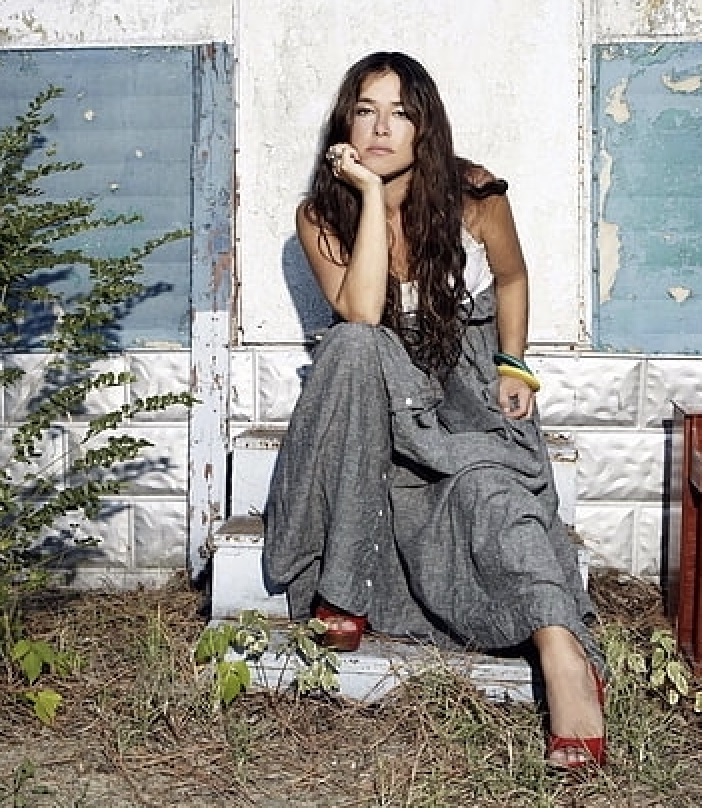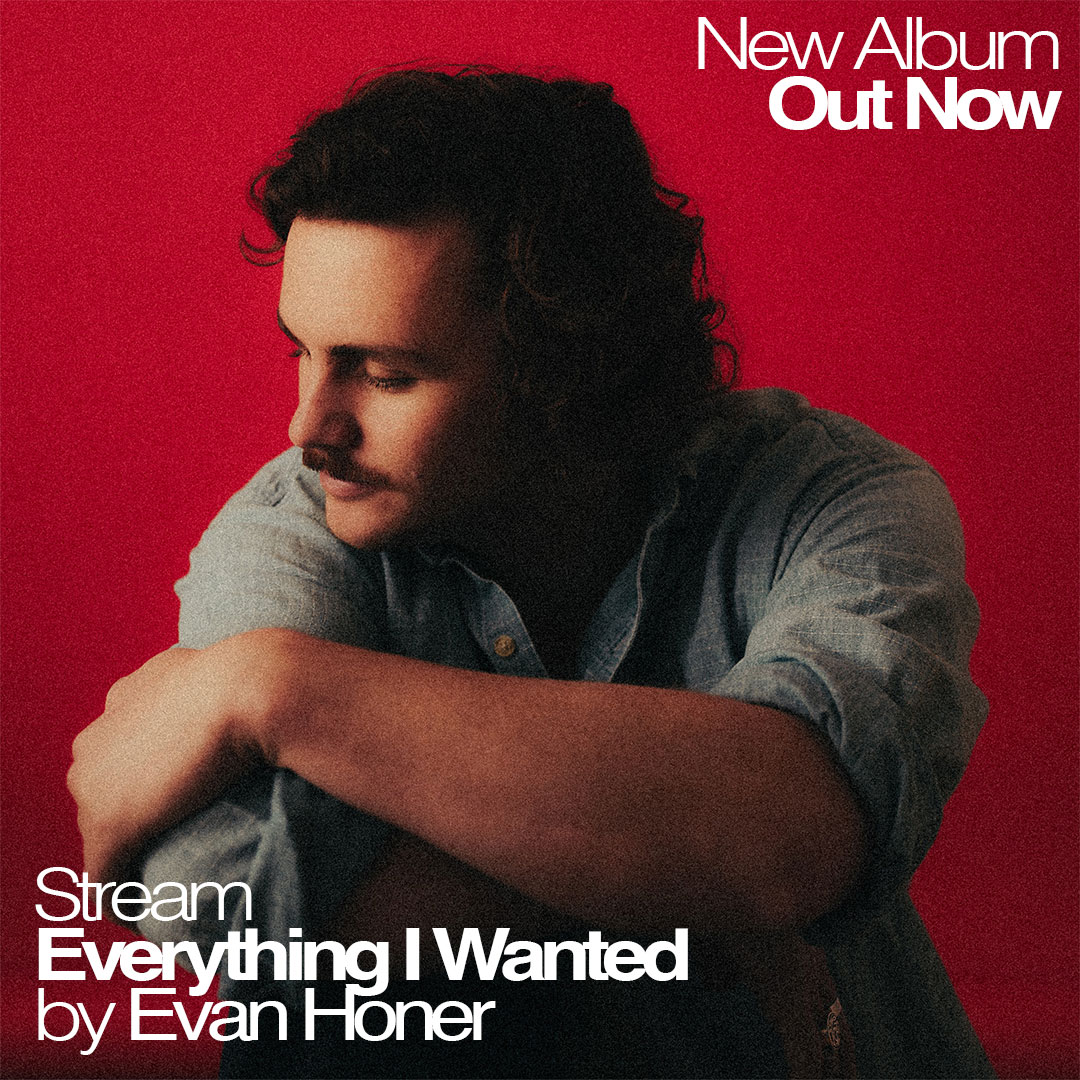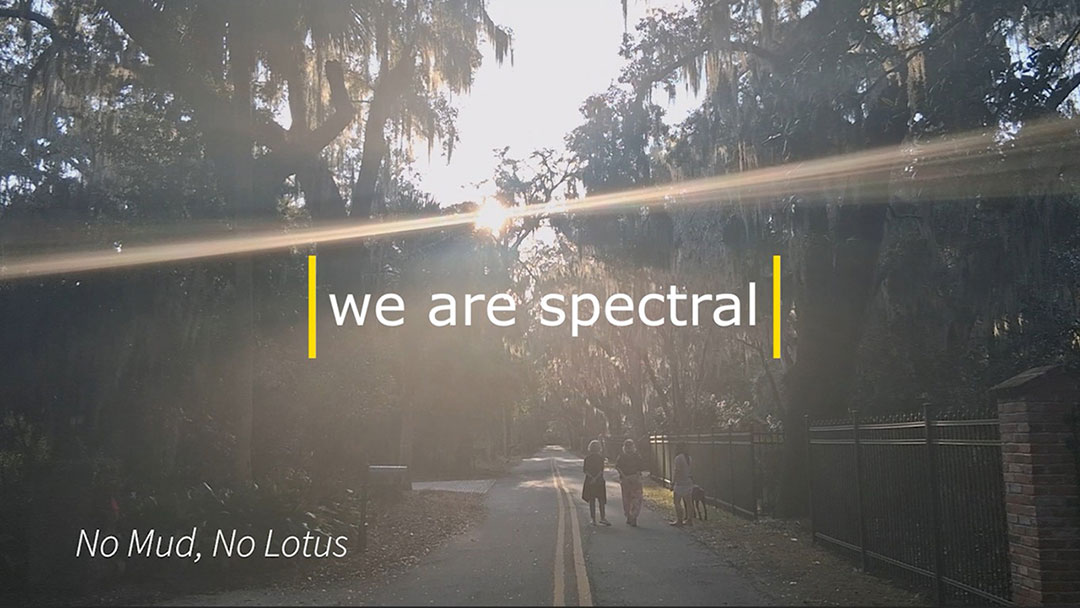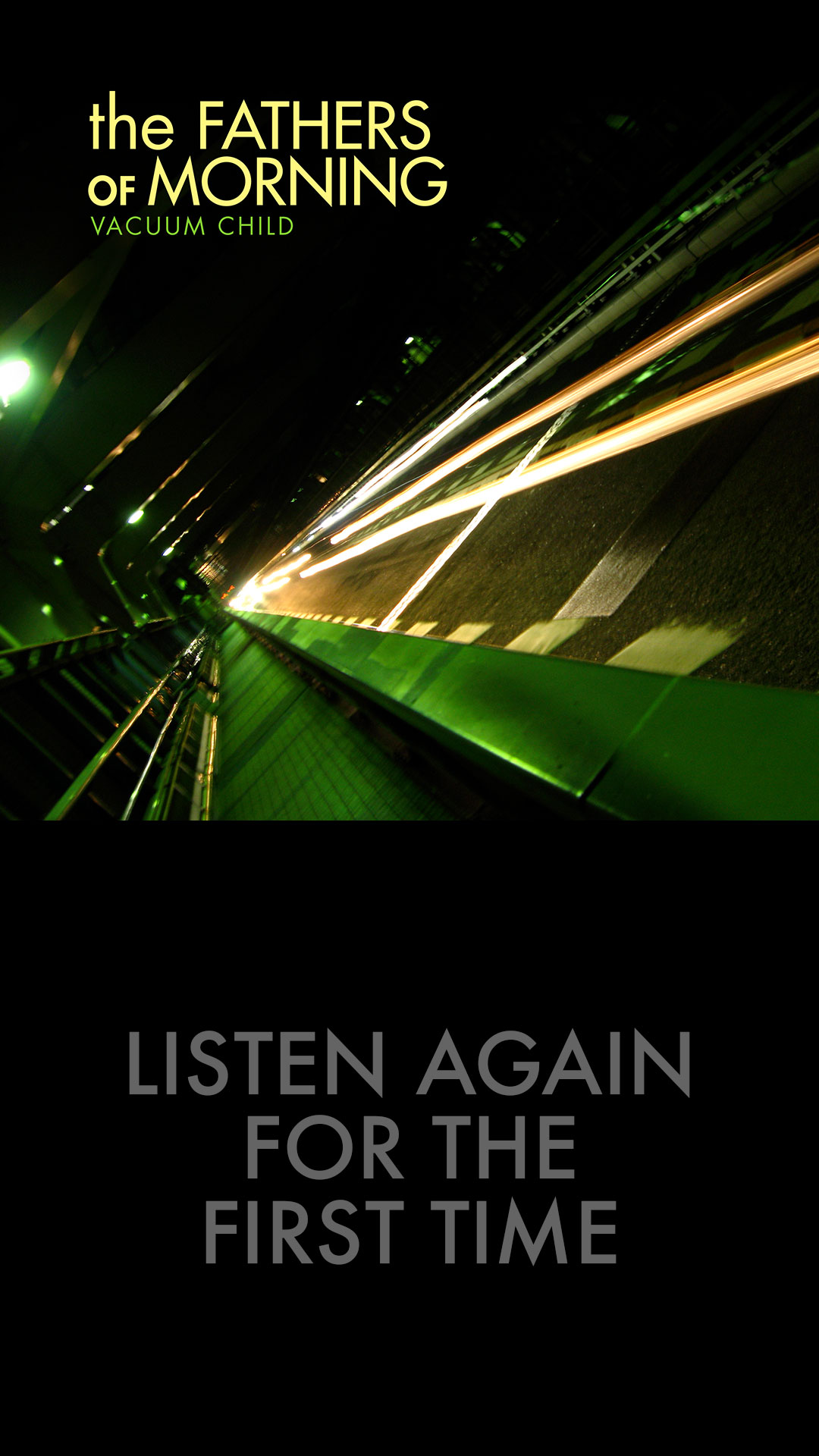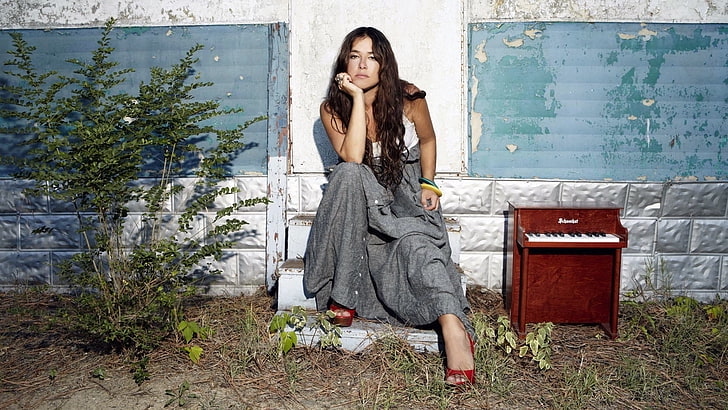
When singer/songwriter Rachael Yamagata was growing up, she went to all-girls school that she says warped her into the relationship-obsessed woman she’s become, at least in the lyrics of her songs. She began singing with a funk-crazed dance band called Bumpus while she was in college studying theater. While touring and recording with Bumpus, she was also writing confessional, deeply emotional songs that didn’t fit the band’s format. Happenstance, her first solo album, was a folk/pop charmer. Her tunes have appeared on The O.C., The L Word, Grey’s Anatomy and Alias, and Ray LaMontagne, Ryan Adams and Conor Oberst all expressed admiration for her vocal style. Having just issued Chesapeake (Frankenfish), Yamagata will be guest editing magnetmagazine.com all week. We recently caught up with her via phone.
MAGNET: You end the album with “Deal Breaker,” a tune that describes listening to a song that really moved you. Did that lyric give you any second thoughts? What if “Deal Breaker” wasn’t as good as the imaginary song you were describing?
Yamagata: That was a big concern. It was an obvious last song for the album, so different from the others because of the string section. When I sequenced the record, I was thinking, “Where am I as an artist? Whet is the album saying? What is the message of the album?” I wanted to convey the heartache of a failed relationship, and this song has a sadness and a maturity and some consciousness and guts. I waited until the last minute trying to decide where to put it (on the album). I played with an order that brought it closer to the front. It’s always been successful live, so I finally made a conscious choice to put it at the end and hope people listen to the whole record. I think of my stuff as albums. People say the world is changing and track-by-track is the way to go, but I envision a full-record experience. The album is a section of your life that’s a full emotional experience, so why not present all of the flavors?
How does this project differ from (2008’s) Elephant…Teeth Sinking Into Heart?
So many ways. I’ve lightened up a little bit. I discovered how to let go, especially in the studio. Elephant was so precious; every song was strategically arranged and intellectual on the production side. This record is more fly by seat of pants, no preconceived template of what I was going to record or how to do it. I left it up to being spontaneous. We ran through the songs before we recorded them, then played ‘em live. There’s more of an ease to this one. It’s very in the moment. Lyrically, I figured to how to have depth without concentrating on sorrow. I realized I don’t have to focus on the heartache. I have some almost-positive songs. That’s a new thing for me. “Saturday Morning” has a lighthearted vibe. It’s a positive song but hints at the challenges of a relationship. I find it hard to write positively, but I think I’m figuring out a bridge for myself.
Are your real-life romances as grim as those you write songs about?
You know, I see Facebook comments guessing I’m dramatic about what I’m going through. If we went for drinks and I told you the truth about the relationships, you’d think I was underplaying the drama. I’m fascinated by how people interact in love relationships. There’s a high level of emotion we feel everyday with everyone, but it’s high gear in love relationships. Everyone has a grand story to tell. The highs and lows I dig into may seem more intense than other people’s, but we are all capable of grand feelings.
What did (producer) John Alagia bring to the process? How was the process different from Happenstance (also produced by Alagia)?
He and I have known each other for 10 years, and he’s always a supporter, a bit of a mentor. He has knowledge of my music and has a stubbornness for what he wants in a recording session. The first time, we tried every idea we had. He had do what I said, and I did what he said. This time, he pushed me to edit the lyrics and melodies. I’d have nothing but eight-minute-long super-slow ballads if I had my way. He has enthusiasm and is all about music and believes in what I do. The people we worked with were people he works with a lot and I’ve worked with a lot. Our relationship is solid; he knows me and my music and knows when to push.
You turned his house into a studio. Tell us about the process. How long did the set up take?
It was very hands on. I was washing windows and removing the pollen. I don’t think he’d done an album there in about six years. The cleaning, shipping in the gear, calling people to let us borrow equipment, took time. We put a grand piano in the back bedroom. It was the only place it would fit. He had people in town lend us guitars and amps. It was a community effort to set up the studio. I have a lot of friends who want to help me do well. I was here almost a month before the band came in, setting things up and going over songs. We tracked with the band for seven days. Most of it was done live. We didn’t have ability to separate things and were on a tight schedule. We’d rehearse, play it though over and over, and then use the best take. The only stuff done after the fact were a few keyboard and xylophone tracks Zac Rae did in LA. We tried to track everything live to get the full sound.
The music is bright and loud, but the vocals are quiet and dark. How do you get that quality in the mix?
I blew out my right eardrum a few years ago, so I can’t really hear in stereo. I think it sounds fine in headphones, but what do I know? I was trying to overcome some fears in the Dominican Republic, diving in the ocean and blew out eardrum. I can hear enough to be doing music. It’s the mixing part I miss the most. The decision for what goes into the mix isn’t mine.
You once said that you were going to try hip hop in the future. Is “The Way It Seems To Go” your attempt at hip hop?
Yes. [Laughs] That’s funny. I used to scare the people working with me by saying I was going to do a rap song, but I think my humor comes through on this album and that song. People think I’m super deep, and I am dark and like dark songs, but it allows me to be happier in my everyday life. That was a song that has a lyric that’s truthful to who I am. We had fun with it.
Why did you choose to put it out on your own label? Where did you get the name/idea Frankenfish?
The Frankenfish is a fish that inhabits the Chesapeake Bay. It swims in water and walks on land. They were finding dead Frankenfish on golf courses and places you wouldn’t expect to find a fish. It has super sharp teeth and is very ugly. I like it. It has humor and guts, and I was going to use Frankenfish as the album title, but the musicians insisted that in later years, I might want a more graceful title to look back on. A Frankenfish is a scruffy underdog that surprises you. It breaks the boundaries, and you don’t know what to expect. I’ve been on six permutations of different labels and worked with amazing creative people, but as far as the industry goes, it gets harder for people who don’t sell millions of records or aren’t super pop. It’s the right time to go off on my own, without going to lawyers for approval on a song-by-song basis. It’s a hell of a lot of work, but liberation to call all the shots is worth it. I think this may be my most reachable record, and it’s funny how you arrive there. This may be the album the labels had been asking me for, for years. I feel like I’m on the right path right now.
Tell us about the decision to fund the album yourself with the help of your fans. And you also spent the money from your dowry?
Yeah! [Laughs] Thanks, dad. He told me, “I’ve been saving money for your wedding, but if you want it now, you can have it.” Maybe thinks I’m never getting married. I poured in whatever (money) I had and started a Pledge Music campaign to get fan support. That’s going to cover costs for the record and give me enough to get me on the road. Touring is insanely expensive. I’m shooting for breaking even, but I’m not sure I will. I’ll keep going as long as I can.
Did arrangements occur to you when writing, or did you work them out with the other musicians?
Both. When I do the initial demos, I add on whatever I can play: bass, guitar, key, sounds and harmonies to give the song a framework. This record was a combination of things that were already there and spontaneous lines people came up with in the moment. I started writing songs when I was 12; silly songs, nothing I’d dream of having a future for. When I was in Bumpus, I was trying to understand songwriting and making it a conscious discipline. It’s a comforting thing for me. I find relief in writing songs.
You’ve said in interviews that you had no close friends in your teen years and turned songwriting as therapy.
I have a lot of friends. [Laughs] But I’m a hermit in my general life. I have to push myself to turn on “show mode.” It’s taken a long time to rely on friends as confidants and to turn to them for comfort. I’m a good listener, but I’m just getting around to sharing the brutal truth with friends. I started writing songs because I need to tell someone about what I was going through.
—j. poet
“Starlight” (download):


